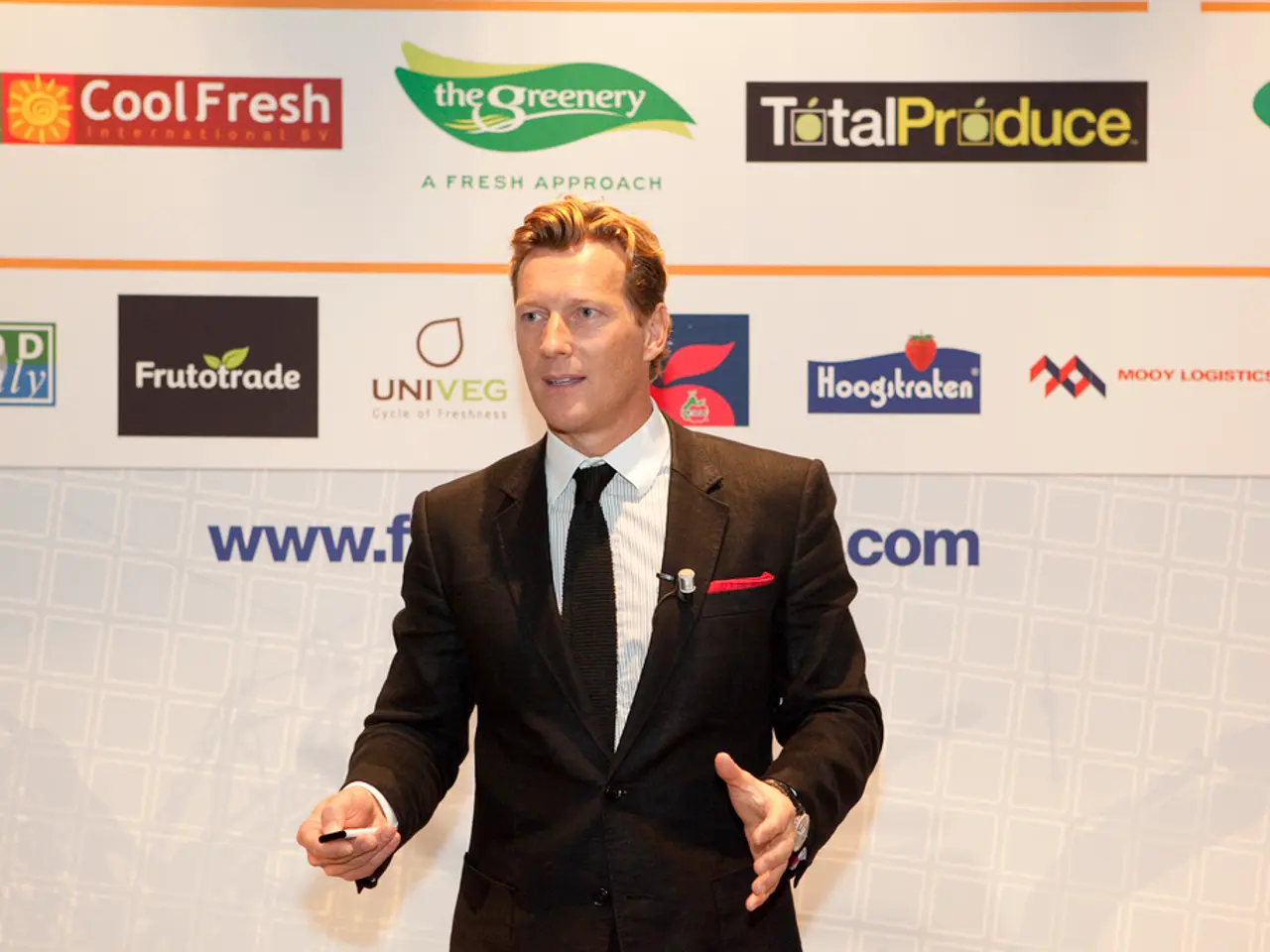Rutger Bregman's 'Moral Ambition' Calls for Redefining Success
Dutch historian and author Rutger Bregman, known for his works like 'Humankind: A Hopeful History' and 'Utopia for Realists', has a new message. In his latest book, 'Moral Ambition', he argues that our current definition of success is flawed and encourages a radical rethink.
Bregman, co-founder of The School for Moral Ambition, believes that the current focus on personal gain and consumption is harming the environment. He suggests that a shift in our understanding of success could motivate top talent to address global issues like climate change and inequality.
He points to historical figures like Thomas Clarkson, Frederick Douglass, and Susan B. Anthony as examples of moral ambition—people who pursued greatness by tackling societal problems. Bregman defines moral ambition as the desire to be one of the best by making a positive impact on the world, rather than seeking personal wealth or recognition.
The School for Moral Ambition, guided by principles like 'Act for the greater good' and 'Be a lifelong learner', combines activist ideals with entrepreneurial ambitions. Bregman argues that applying business leadership principles to social and environmental challenges can foster innovation, speed, and scalable solutions. Entrepreneurs, he believes, play a crucial role in driving social change and addressing global challenges.
Bregman's 'Moral Ambition' challenges readers to redefine success and consider their legacy. By encouraging a cultural shift towards altruism and moral ambition, he hopes to inspire top talent to use their skills to make a meaningful difference in the world.
Read also:
- Dual-function mattress offers both cooling and coziness at an affordable price.
- Top-Notch Weed Killers for Fences in 2025: Efficient Boundary Management Solutions for a Clean Fence Line
- United Kingdom should refrain from hastily deciding on hydrogen home heating, according to Scotland's appeal.
- Guide to Choosing Spain's Leading Animation Company






